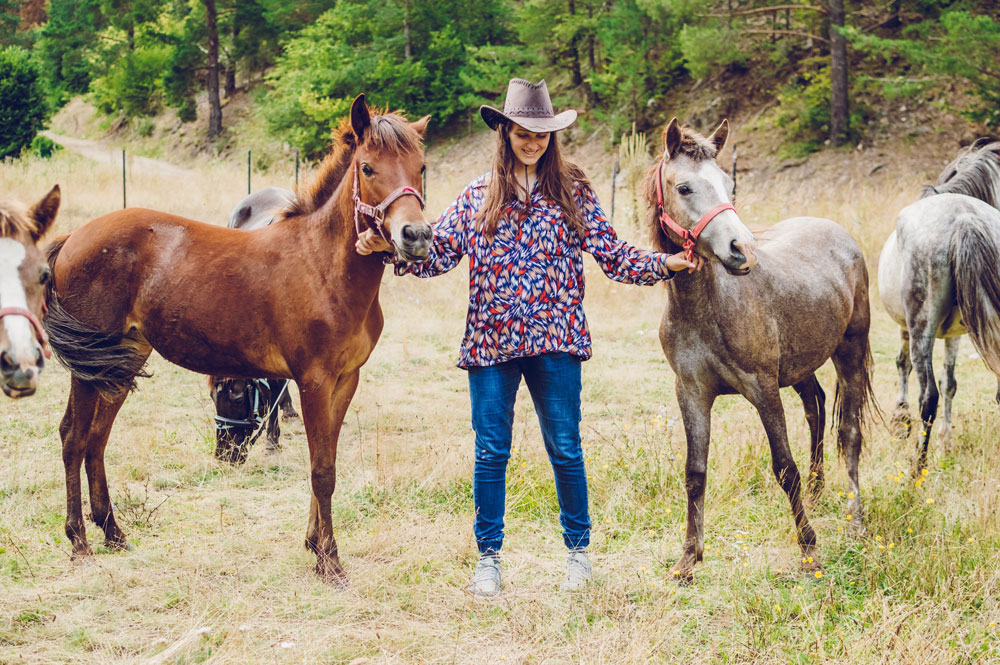
There are many kinds of warts. These are caused by papilloma virus, and there are a number of different papilloma viruses that affect humans, horses and other animals. For example, the papilloma virus in foals and young horses that causes warts around the lips and muzzle are generally very temporary infections and go away after the animal develops some resistance and immunity.
“The horse mounts an antibody response to the virus and the warts disappear,” said Stephen D. White, DVM, DACVD, professor and Chief of Service, Dermatology, School of Veterinary Medicine, University of California, Davis
“By contrast, the papilloma that causes aural plaques inside the ears tends to persist; the body doesn’t seem to make much reaction or defense—at least not enough to make it go away,” he noted.
“There are also venereal warts that persist,” he said. “Male horses get these warts on the penis and females get them on the vulva. These can become a problem if you are using these animals for breeding.”
White said it is important to take a biopsy before treating warts “to make sure it is just a papilloma virus causing them, because occasionally other things may look like warts. And on rare occasion, papilloma viruses can induce a more malignant condition, creating a tumor. Thus, you want to do a biopsy to confirm the actual cause of the growth.”
There are several things that can be tried in treatment. “If it’s just one wart, it can be excised (removed surgically),” White said. “Some people also try wart vaccines. I am not sure how well those actually work, however.”
If the warts go away, people generally figure the vaccine worked, even though the warts might have resolved on their own without intervention.
“If there are multiple warts, some people take a few of them off, or crush a few, hoping this will stimulate the animal’s immune system to get rid of them,” said White. “This does work, sometimes.”
White said that there are companies that will make a specific vaccine for your horse or horses if you send them a sample of a wart, “but this kind or response may or may not actually work,” he said. “We don’t have enough data to know.”
Equine warts are not contagious to humans.



